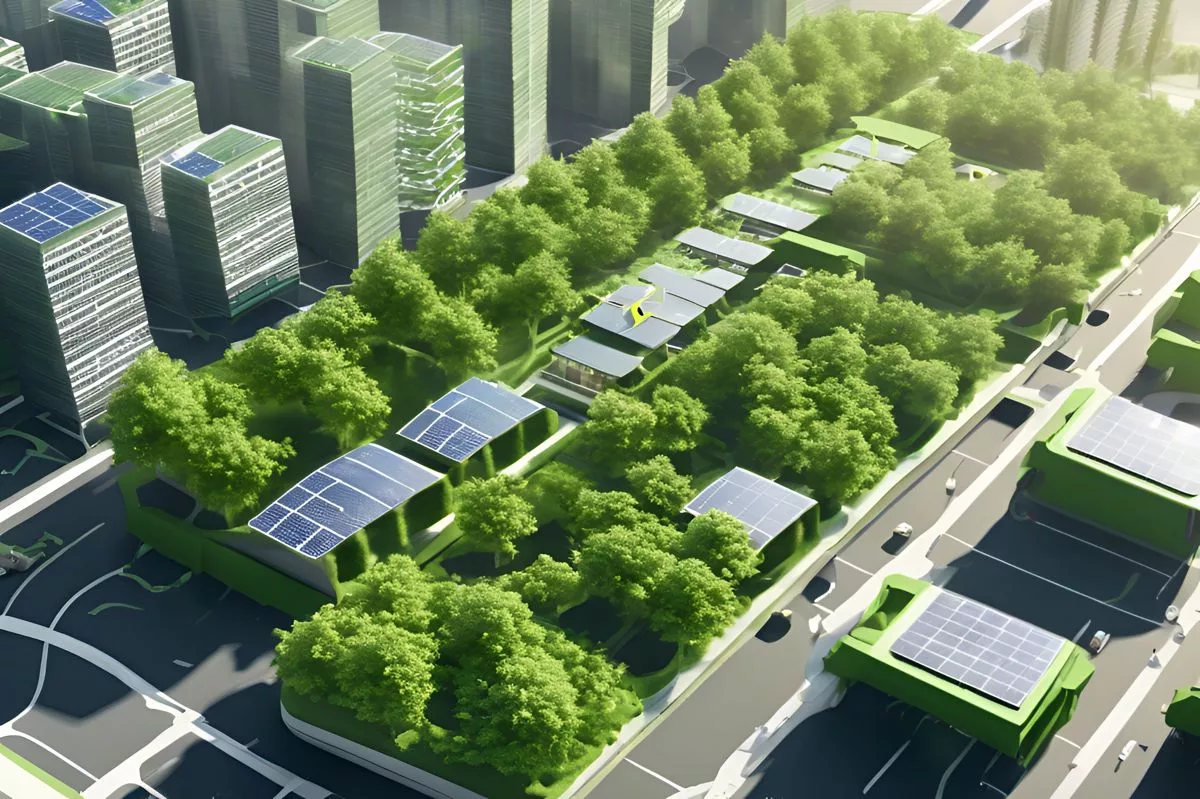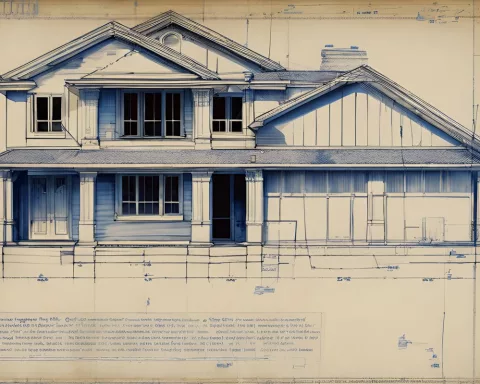The Local Government Residential Property Development Summit was a significant meeting that brought together the leadership of the Local Government, representatives from the private sector, and the Minister of Human Settlements, Mmamoloko Kubayi. The goal was to explore creative and innovative ways to efficiently provide human settlement. The summit offered a platform to address critical questions such as how to access more suitably positioned land for human settlement, what funding instruments can aid human settlement, and how to adopt Innovative Building Technologies in an affordable and sustainable way. As we chart the interplay between property development and local government, such meetings pave the way for a future of integrated, sustainable human settlements.
What was the Local Government Residential Property Development Summit?
The Local Government Residential Property Development Summit was a meeting organized by the South African Local Government Association (SALGA) that brought together the leadership of the Local Government, representatives from the private sector, and the Minister of Human Settlements, Mmamoloko Kubayi. The summit aimed to explore creative and innovative ways to efficiently provide human settlement.
Understanding the Gathering at the Premier Hotel
In the bustling environment of the Premier Hotel at OR Tambo, a crucial assembly took place. The meeting brought together the leadership of the Local Government, representatives from the private sector, and the Minister of Human Settlements, Mmamoloko Kubayi. The meeting was the Local Government Residential Property Development Summit, organized by the South African Local Government Association (SALGA). Its significance was heightened by the fact that it occurred at a crucial historical juncture, with the sixth administration drawing to a close and the seventh administration ready to take over.
The commitments and obligations of the past continue to be of prime importance as we move into the new era. The Freedom Charter’s vision of guaranteeing housing, safety, and comfort for everyone continues to be a significant priority. In the face of challenges to fulfill these commitments, the future calls for the exploration of creative and innovative ways to efficiently provide human settlement.
The last three decades of democracy have witnessed commendable progress in human settlements. The 2022 Census by Statistics South Africa paints a promising picture: a decline in informal housing and evidence of the government successfully constructing 4.8 million houses. Nonetheless, the mounting demand for housing highlights the unfinished journey towards ensuring the constitutional right to shelter.
Exploring the Infrastructure Development Program
The realm of human settlement and property development is a vital component of the infrastructure development program. Since local governments oversee infrastructure development, which is central to promoting economic growth and industrialization, they have an indispensable role in the process of infrastructure delivery.
Increasing the efficiency of human settlement infrastructure delivery requires a critical examination of the role of local government. It necessitates improved coordination among the three tiers of government in planning and setting priorities to make the best use of limited fiscal resources.
Over time, there has been a policy shift from isolated housing considerations to a more holistic view of human settlements. This change is clearly visible in the development of integrated human settlements today. However, the creation of large integrated human settlement projects faces challenges such as insufficient funding and infrastructure.
Overcoming Challenges and Embracing Changes
To overcome these challenges, we need alternative strategies that can ensure consistent progress and adequate funding for projects. A well-conceived and robust funding model is imperative in this context. The Draft Human Settlements White Paper, which is currently open for public feedback, is a part of this process. Once adopted, this document will supersede the 1997 Housing White Paper, serving as a guide for drafting the new Housing Code and regulations.
The White Paper takes into account contemporary trends such as climate change, new building technologies, rapid urbanization, and gender empowerment. It recognizes the persistent urbanization trend, which results in a diverse market demand for housing in urban areas. This necessitates better planning systems to ensure land and infrastructure availability for human settlements.
The increase in urbanization has also led to a rise in informal settlements lacking essential services such as electricity, clean water, and sanitation. This situation puts residents at risk from fires, natural disasters, diseases, and crime. The problem of hijacked buildings often transformed into drug dens further adds to the housing crisis.
Looking Ahead: Suggested Amendments and Sustainable Practices
The suggested modifications to the Private-Public-Partnership (PPP) regulatory framework, published by the Treasury for public feedback, are indicative of the commitment to private/public partnerships and blended financing. Given the current fiscal constraints, the government acknowledges its limitations in meeting housing demands, especially for the middle-income segment.
In light of climate change and the increasing occurrence of natural disasters, it is crucial to adopt Innovative Building Technologies that can withstand climate change. As we transition to a low-carbon economy, the construction and built environment must contribute to this effort by reducing emissions.
The summit offered a platform to address several critical questions to tackle the housing challenge. These include how to access more suitably positioned land for human settlement, what funding instruments can aid human settlement, and how to adopt Innovative Building Technologies in an affordable and sustainable way.
As the summit continued, Minister Mmamoloko Kubayi stressed the need for municipalities to maintain stable leadership. The stability and integrity of political and corporate governance are crucial in instilling confidence in stakeholders and achieving the set objectives. As we chart the interplay between property development and local government, such meetings pave the way for a future of integrated, sustainable human settlements.
1. What was the Local Government Residential Property Development Summit?
The Local Government Residential Property Development Summit was a meeting organized by the South African Local Government Association (SALGA) that brought together the leadership of the Local Government, representatives from the private sector, and the Minister of Human Settlements, Mmamoloko Kubayi. The summit aimed to explore creative and innovative ways to efficiently provide human settlement.
2. What is the infrastructure development program?
The infrastructure development program is a program that is central to promoting economic growth and industrialization. Local governments oversee the infrastructure development, which is essential to the realm of human settlement and property development.
3. What are the challenges faced in the creation of large integrated human settlement projects?
The challenges faced in the creation of large integrated human settlement projects include insufficient funding and infrastructure.
4. What is the Human Settlements White Paper?
The Human Settlements White Paper is a draft document that is currently open for public feedback. Once adopted, it will supersede the 1997 Housing White Paper, serving as a guide for drafting the new Housing Code and regulations. It takes into account contemporary trends such as climate change, new building technologies, rapid urbanization, and gender empowerment.
5. How can private/public partnerships and blended financing help meet housing demands?
Given the current fiscal constraints, the government acknowledges its limitations in meeting housing demands, especially for the middle-income segment. Private/public partnerships and blended financing can help address this issue.
6. What was emphasized by Minister Mmamoloko Kubayi during the summit?
Minister Mmamoloko Kubayi stressed the need for municipalities to maintain stable leadership. The stability and integrity of political and corporate governance are crucial in instilling confidence in stakeholders and achieving the set objectives.












